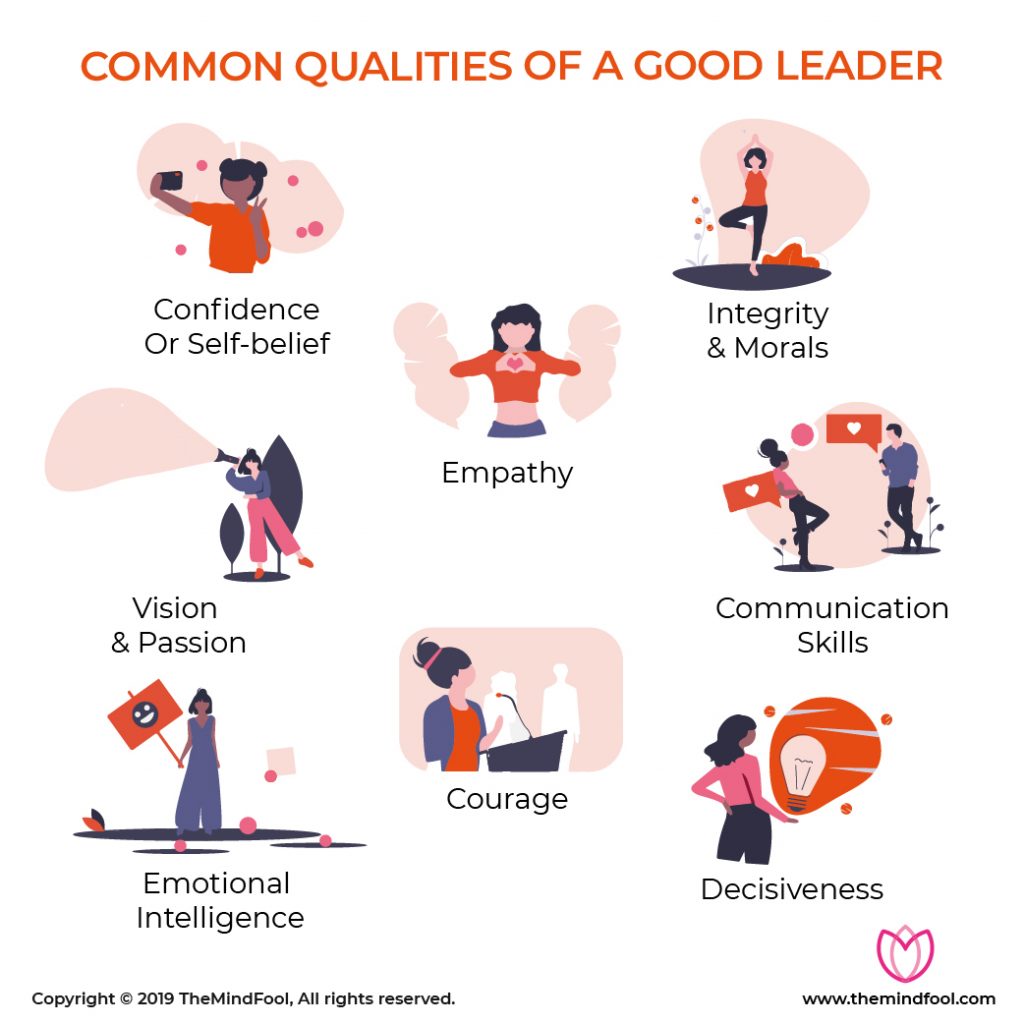In the current fast-paced and dynamic work setting, the need for effective leadership has never been higher. Leaders are more than responsible for guiding their teams towards achieving goals; they are also tasked with navigating challenges, inspiring innovation, and cultivating an inclusive culture. At the core of this issue lies strategic thinking, a vital skill that enables leaders to anticipate future trends, assess potential outcomes, and make educated decisions that shape the direction of their organizations.
Acquiring key leadership skills is crucial for anyone looking to enhance their effectiveness. From building strong decision-making abilities to cultivating emotional intelligence, these skills both empower leaders but also significantly impact team performance and overall organizational success. Whether you are stepping into a leadership role for the first time or aiming to improve your current skills, understanding and applying these core competencies will lay the groundwork for a flourishing leadership journey.
Crucial Leadership Skills
Proficient leadership depends upon a blend of essential skills that empower leaders to navigate challenges and inspire their teams. In particular, strategic thinking is prominently featured as a key component. Leaders who think strategically are experienced in projecting the future and crafting practical plans that support organizational goals. This vision not only guides the direction of the team but also cultivates a feeling of purpose among members, encouraging them to strive for a common vision.
Another vital skill is the ability to understand emotions, which facilitates leaders to relate to their teams on a deeper level. Recognizing the sentiments of others and controlling one’s own responses contributes to more effective relationships and enhanced communication. Leaders with high emotional intelligence are usually more effective at managing conflicts, providing constructive feedback, and building an open environment where everyone feels appreciated. This skill is crucial for cultivating a team culture that supports cooperation and new ideas.
The ability to communicate remains a cornerstone of proficient leadership. Outstanding leaders must articulate their vision effectively and pay attention to their team members. This two-way communication fosters trust and encourages open dialogue, allowing teams to discuss ideas openly. By refining their expressive skills, leaders can ensure that their communication is received by their team, driving engagement and performance while creating a sense of community within the organization.
Cultivating Decision Making and Emotional Intelligence
Effective decision-making is a crucial skill for any leader. It necessitates the ability to scrutinize information, weigh options, and envision potential consequences. To enhance decision-making skills, leaders should apply rigorous analysis and collect input from distinct team contributors. Professional growth -making method but also promotes a sense of involvement among team members, leading to better engagement and commitment to the results.
Emotional intelligence holds a critical role in how leaders make decisions. Recognizing one’s feelings and recognizing the sentiments of colleagues can guide leaders in navigating complex circumstances. By cultivating self-perception and understanding, leaders can make more informed decisions that reflect on the emotional impact on their team. This enhances confidence and rapport, creating an environment where team participants feel respected and driven to contribute.
Integrating strong decision-making with emotional intelligence eventually leads to more efficient leadership. Leaders who can harmonize logical reasoning with empathy are better ready to manage challenges and motivate their teams. By adopting these abilities, leaders not only propel their organizations towards success but also create a positive culture that encourages cooperation and creativity.
Fostering Team Dynamics and Trust
Effective leadership is grounded in the capacity to foster solid team dynamics. A unified team thrives when connections are built on shared respect and understanding. Leaders play a key role in establishing an environment where team members feel valued and listened to. Encouraging collaboration and open communication can lead to a more motivated workforce. This helps in eliminating silos, promoting a environment where individuals work together toward common goals, finally enhancing total team performance.
Establishing trust is a essential aspect of successful leadership. Leaders must demonstrate integrity, consistency, and vulnerability to cultivate a trusting atmosphere. When team members trust their leader and one another, it enhances a sense of emotional safety, allowing for more honest dialogue and the sharing of ideas without the risk of criticism. This trust not only improves team dynamics but also encourages a more adaptive and flexible approach to challenges, as team members feel empowered to contribute their insights and solutions.

In addition to trust, leaders should focus on nurturing healthy relationships within the team. Paying close attention to team members, acknowledging their contributions, and providing constructive feedback are essential skills that enhance team cohesion. By emphasizing relationship-building and trust, leaders can create an environment where all individuals is eager to perform at their best, leading to enhanced collaboration and a tighter, more cohesive team capable of navigating difficulties and achieving success together.
